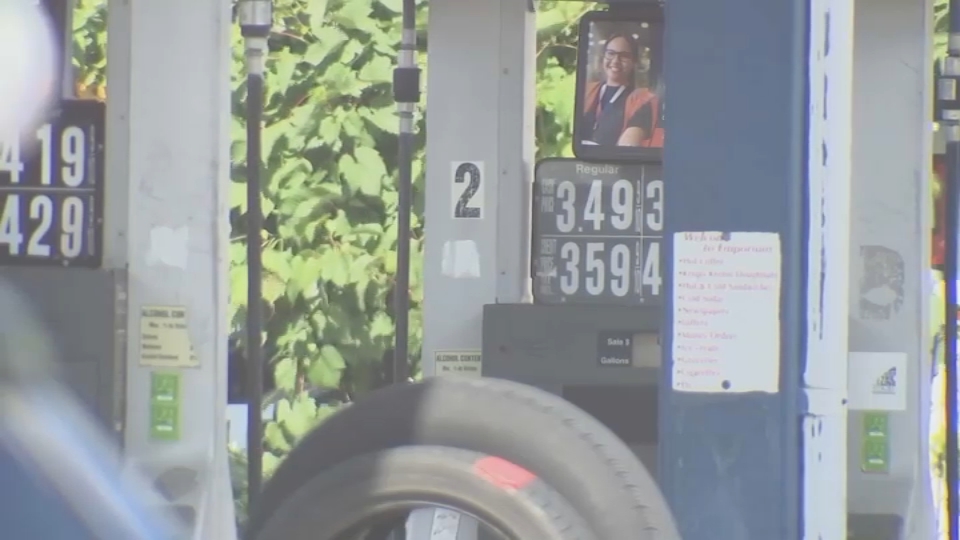(NECN/CNN) - Pakistan's president raised concerns on Thursday that Islamist extremists may exploit the chaos and misery caused by the floods in Pakistan to gain new recruits.

Asif Ali Zardari's remarks were echoed by U.S. Senator John Kerry of Massachusetts, who toured some of the worst hit areas and visited a relief camp alongside the president.
The floods have affected 20 million people and about one-fifth of Pakistan's territory, straining its civilian government as it also struggles against al-Qaida and Taliban violence.
Aid groups and the United Nations have complained that foreign donors have not been quick or generous enough given the scale of the disaster.
The United States has deployed 18 army helicopters to hard-hit areas and given other aid worth $90 million.
Local
US Senator John Kerry, who is visiting Pakistan to see the flood damage, said that would increase to $150 million.
The figure is expected to be announced at a UN General Assembly meeting in New York on Thursday.
Saudi Arabia said it would donate $80 million to Pakistan, the official Saudi Press Agency reported, making it one of the largest donors.
The country has for years sought to project its influence in Pakistan and has funded the spread of hard-line Islamic theology there.
During Thursday's visit, John Kerry met with US troops at the Ghazi airbase before traveling with Pakistani president Asif Ali Zardari, to a IDP (internally displaced persons) camp at Jampur.
Earlier on Thursday Kerry and Zardari faced the media at a news conference in at Chaklala Air Base in Rawalpindi.
Zardari's government has been criticised for failing to respond quickly enough, and Islamist charities - at least one of which has alleged links to militants - have been active in the flood-hit areas.
There are also concerns the scale of the suffering could stoke unrest and political instability that may impact on Pakistan's fight against the Taliban.
But Kerry played down expectations of what could be achieved in aid distribution saying: "Clearly in this kind of a response not everything can happen automatically overnight. But there is a best significant effort being made to provide for people, provide emergency food, emergency shelter, and to minimize the negative impacts of this natural catastrophe."
Nevertheless, Zardari underlined the possibility "that some negative forces will exploit this situation".
Kerry responded by saying: "None of us want to see this crisis provide an opportunity or excuse for people who want to exploit the misfortune of others for political or ideological purposes. And so it is important for all of us to work overtime to provide the assistance that's necessary."
More than three weeks after the floods first begun, the US, Germany and Saudi Arabia all announced new pledges of aid, while Japan said it would send helicopters to help distribute food, water and medicine.
The Asian Development Bank said it would redirect $2 billion of existing and planned loans for reconstruction.
Pakistan is vital for America's strategic goals of defeating militancy and stabilizing neighboring Afghanistan so its troops can one day withdraw.
Before the floods, Washington had already committed to spending $7.5 billion over the next five years on humanitarian projects in Pakistan.
The floods began in the northwest of the country after exceptionally heavy monsoon rains and have since swamped thousands of towns and villages in Punjab and Sindh provinces.
While rainfall has lessened, flooding is continuing in parts of Sindh province as water from the north courses down the Indus and other rivers.
Local aid groups, the Pakistani army and international aid agencies have helped hundreds of thousands of people with food, shelter, water and medical care, but the distribution has been chaotic and has not come close to reaching everyone.



